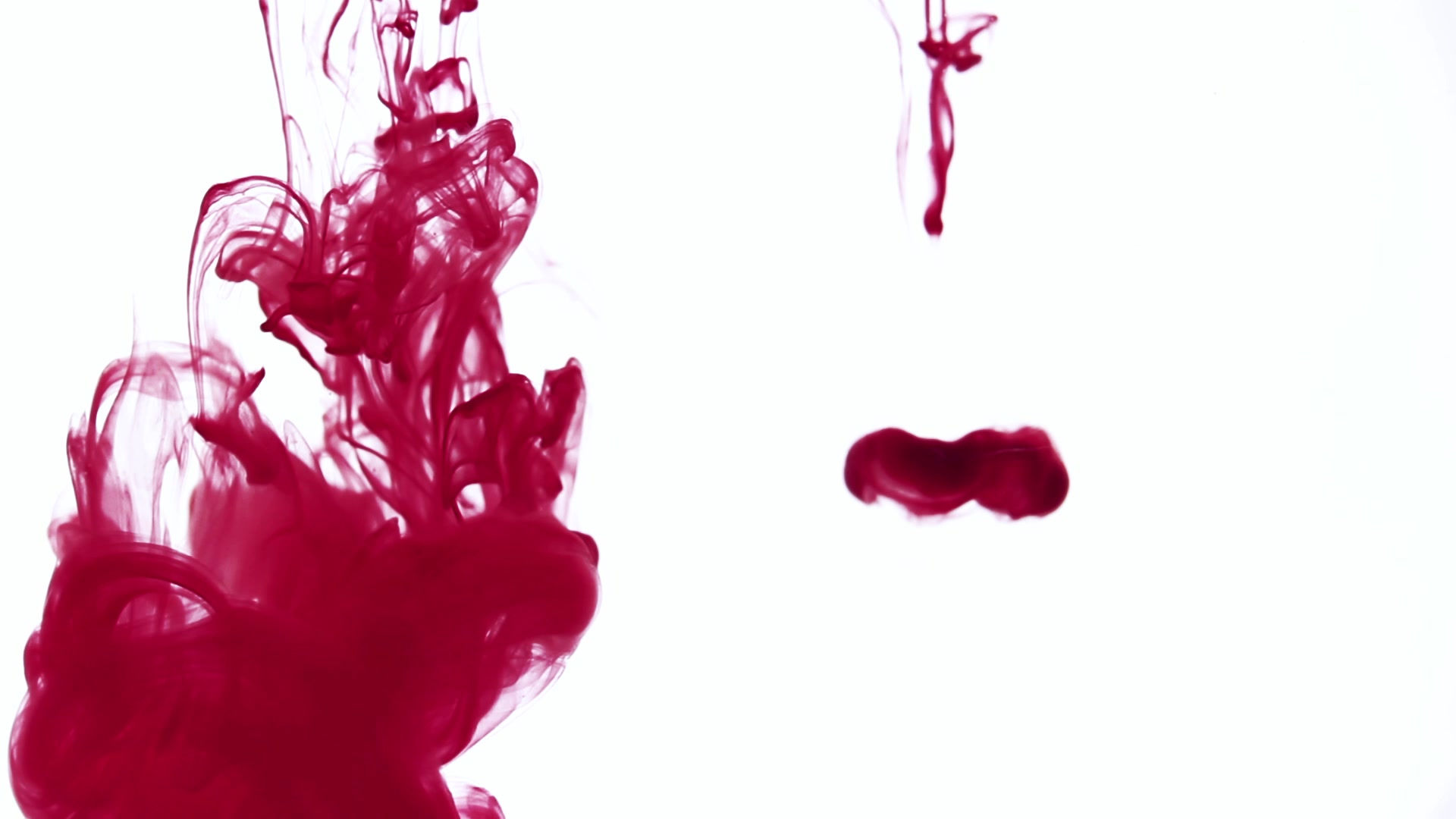
Kissimmee Homeschooling



Germans
The German People
Japheth son of the Biblical Patriarch Noah
Also Diphath. Literal meanings are opened, enlarged, fair or light (father of the Caucasoid/Indo-Europoid, Indo-European, Indo-Germanic, or Indo-Aryan races - Japhethites). Japheth is the progenitor of seven sons:
Gomer "complete" (sons were Ashkenaz, Riphath and Togarmah) - also Gamir, Gommer, Gomeri, Gomeria, Gomery, Goth, Guth, Gutar, Götar, Gadelas, Galic, Gallic, Galicia, Galica, Galatia, Gael, Getae, Galatae, Galatoi, Gaul, Galls, Goar, Celt, Celtae, Celticae, Kelt, Keltoi, Gimmer, Gimmerai, Gimirra, Gimirrai, Gimirraya, Kimmer, Kimmeroi, Kimirraa, Kumri, Umbri, Cimmer, Cimmeria, Cimbri, Cimbris, Crimea, Chomari, Cymric, Cymry, Cymru, Cymbry, Cumber (Caledonians, Picts, Milesians, Umbrians, Helvetians, Celts1, Galatians, Ostrogoths, Visigoths, Goths, Vandals, Scandinavians, Jutes, Teutons, Franks, Burgundians, Alemanni, Armenians, Germans, Belgians, Dutch, Luxembourgers, Liechensteiners, Austrians, Swiss, Angles, Saxons, Britons, English, Cornish, Irish, Welsh, French, and other related groups);
Early Celtic tribes (from Gomer) settled much of the European theater, including present-day Spain, France, England and Germany, prior to contact with Scythians. For many centuries France was called Gaul, after the Celtic descendants of Gomer, whom ceded the territory to Romans and Germanic/Teutonic Franks (whence France) in the 4th century A.D. Northwest Spain is called Galicia to this day. Some of the Gomerites migrated further to what is now called Wales. The Welsh claim their ancestors "first landed on the Isle of Britain from France, about three hundred years after the flood." The Celtic language survives intact today mainly in the two variants of Welsh and Irish/Scottish Gaelic. The Welsh call their language Gomeraeg (after Gomer). The Celts of today are descendants of Gomer, and of the blended tribes of Magog and Gomer.